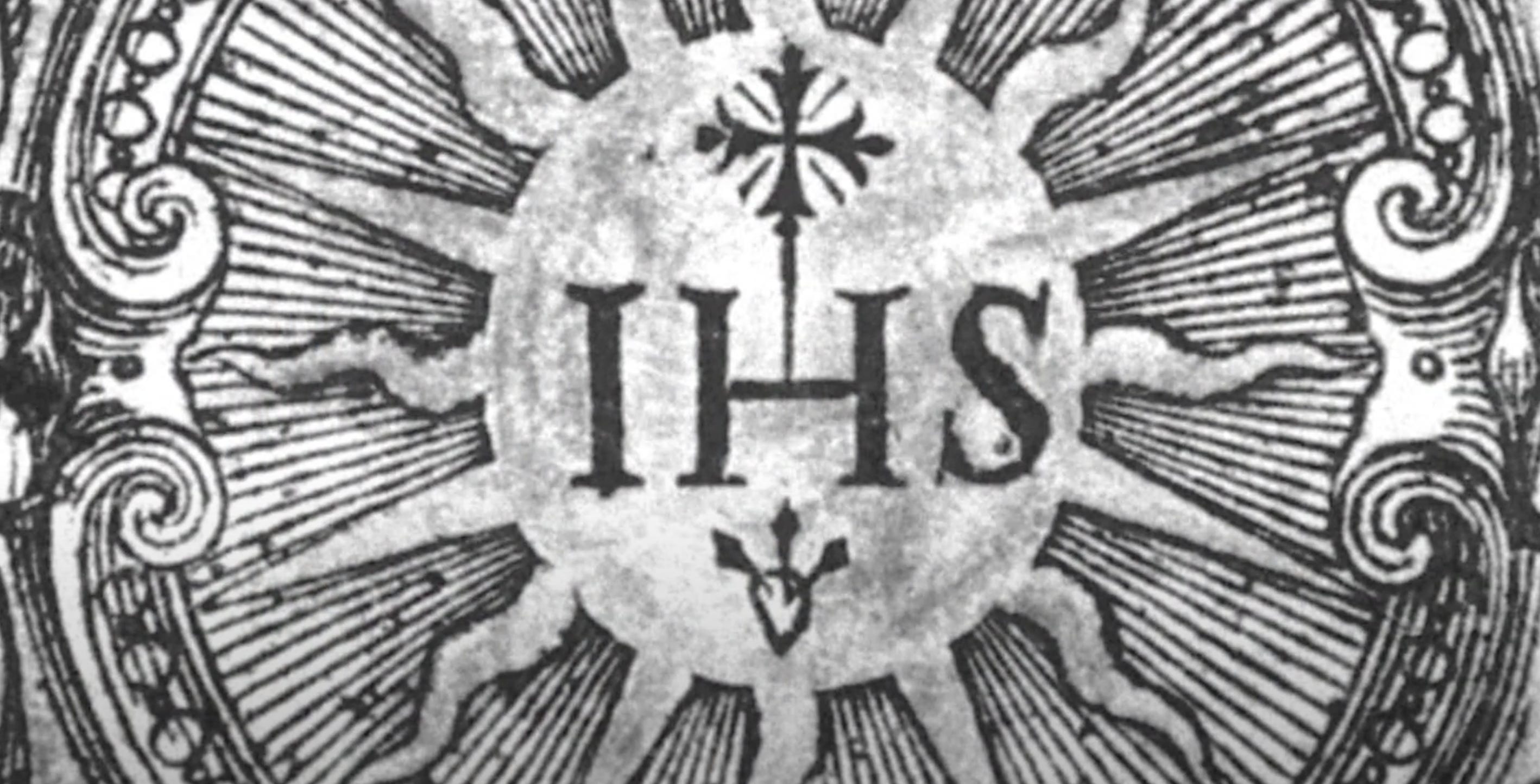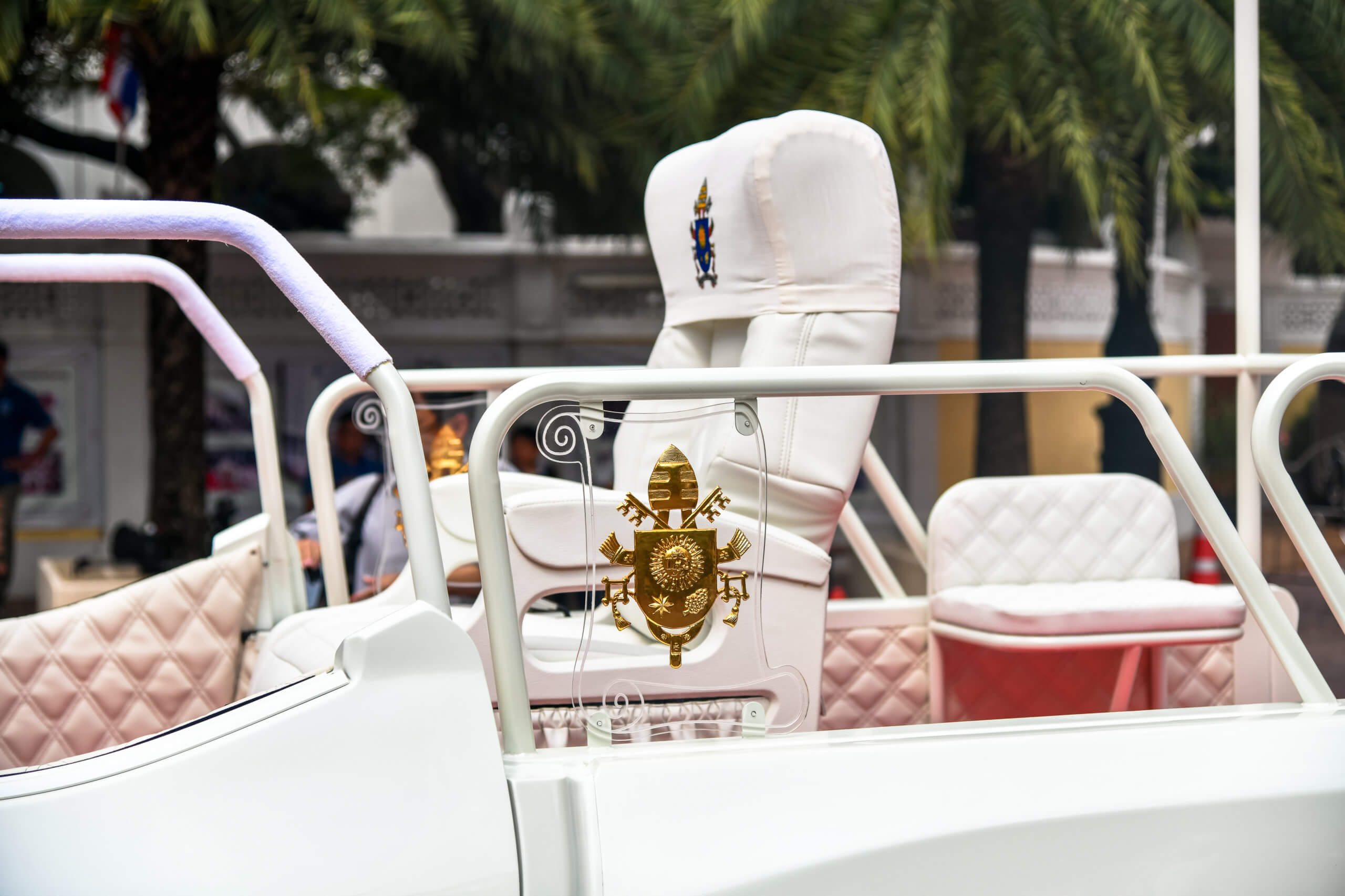Classical or Catholic? A sacramental approach to education
(Image: 14995841/Pixabay) Classical education has exploded in the last ten years, and for good reason. Education has descended into a utilitarian pursuit, though an ineffective one at that. By focusing primarily on career readiness, we have...



Classical education has exploded in the last ten years, and for good reason. Education has descended into a utilitarian pursuit, though an ineffective one at that. By focusing primarily on career readiness, we have sunk to new lows with graduates unable to speak convincingly about the history and institutions of our nation, not having read the greats or unable to comprehend them, and even without much readiness for a career.
It’s no wonder that classical education has grown by offering a deeper formation of the mind through teaching “the best that has been thought and known.”
Some push back, contending that focusing on “the best” puts classical schools in an elitist category. Parents worry their children will be left behind by reading Homer, unable to compete against students saturated in the latest technological fads. Others worry that reading the Great Books pushes an outdated narrative of one particular culture that marginalizes minority groups. Catholics watching this latest battle within a larger educational war might wonder what to do.
Looking to our own tradition can address many of these tensions, overcoming the dualism of the classical and progressive approaches, as I lay out in my new book, Words Made Flesh: The Sacramental Mission of Catholic Education (Catholic Education Press, 2024). Offering a sacramental approach to education, the book seeks to reconnect things that are often separated. Career preparation and intellectual formation can be brought together as the Benedictine integration of prayer and work demonstrates. The book takes seriously the Church’s tradition of beauty, community, and prayer, connecting them to a robust formation in the liberal arts tradition. The Catholic tradition is one of unity, inspiring us to connect body and mind, ideas and experience, reason and imagination, prayer and practice, school and family, past and future.
A sacramental approach to education proposes growing in literacy of the great heritage we have all received as Catholics. It even proposes lists for reading and experiencing art to become more familiar with our own traditions. We need wisdom to address the key problems of our times, such as artificial intelligence, transhumanism, and the ongoing breakdown of the family. Turning to the past does not prevent us from looking forward and shaping education in a way suited to the needs of our day.
We have such a rich treasury of thought, artistic masterpieces, social expressions, and holiness in the witness of the saints. The heritage of the Catholic tradition equips us to meet the world’s challenges better than any other group. Catholic education should reinforce our children’s identity as made in the image of God and called into a great work of renewing civilization, drawing from the past and imaginatively giving it new life today.
It’s time to rediscover our heritage, enabling Christian culture, much more than the classics, to shape our educational approach. I’m happy, therefore, to recommend another recent resource on our Christian heritage to schools, edited by my friend Dr. Joseph Stuart, a professor of history at the University of Mary. He has produced a rich and thorough library resource called The Milestones of Christianity (Schlager Group, 2024). It’s a compelling collection that contains not only gems of the Catholic intellectual tradition but also testimony of “lived experience on the ground,” as he describes it in a recent interview. Stuart points out that the “formation of Christian culture” stretches “around the world primarily as a grassroots movement in which local inculturation is continually happening.” The Catholic story stretches across the globe, uniting students from across cultures in a common family.
Rather than float along with current trends, we can begin to build Christian culture in our communities by living the faith robustly. This requires immersion in prayer and taking on today’s problems through the lens of faith. Our graduates should be poised for leadership in the world precisely because we don’t just do what everyone else does. We can give our students so much more: a complete education that truly forms the whole person– one that doesn’t sacrifice the deepest formation in favor of worldly success–and unites the knowledge of faith in reason through their common source in the word. He is the source of all truth, the one who created the world, redeemed us from sin, and continues to enliven us through the Blessed Sacrament. He is the living center of a sacramental approach.
Education is in crisis, and we must return to the centrality of teaching in the Great Commission given to us by Jesus, making disciples and teaching them to observe all that he commanded so that we can be happy with him forever. We see the damaging effects of educating only certain aspects of the person and neglecting others–the most important aspects of our lives, in fact. Only Catholic education can truly educate the human person fully in a way that is ordered toward our true end and purpose.
If you value the news and views Catholic World Report provides, please consider donating to support our efforts. Your contribution will help us continue to make CWR available to all readers worldwide for free, without a subscription. Thank you for your generosity!
Click here for more information on donating to CWR. Click here to sign up for our newsletter.















